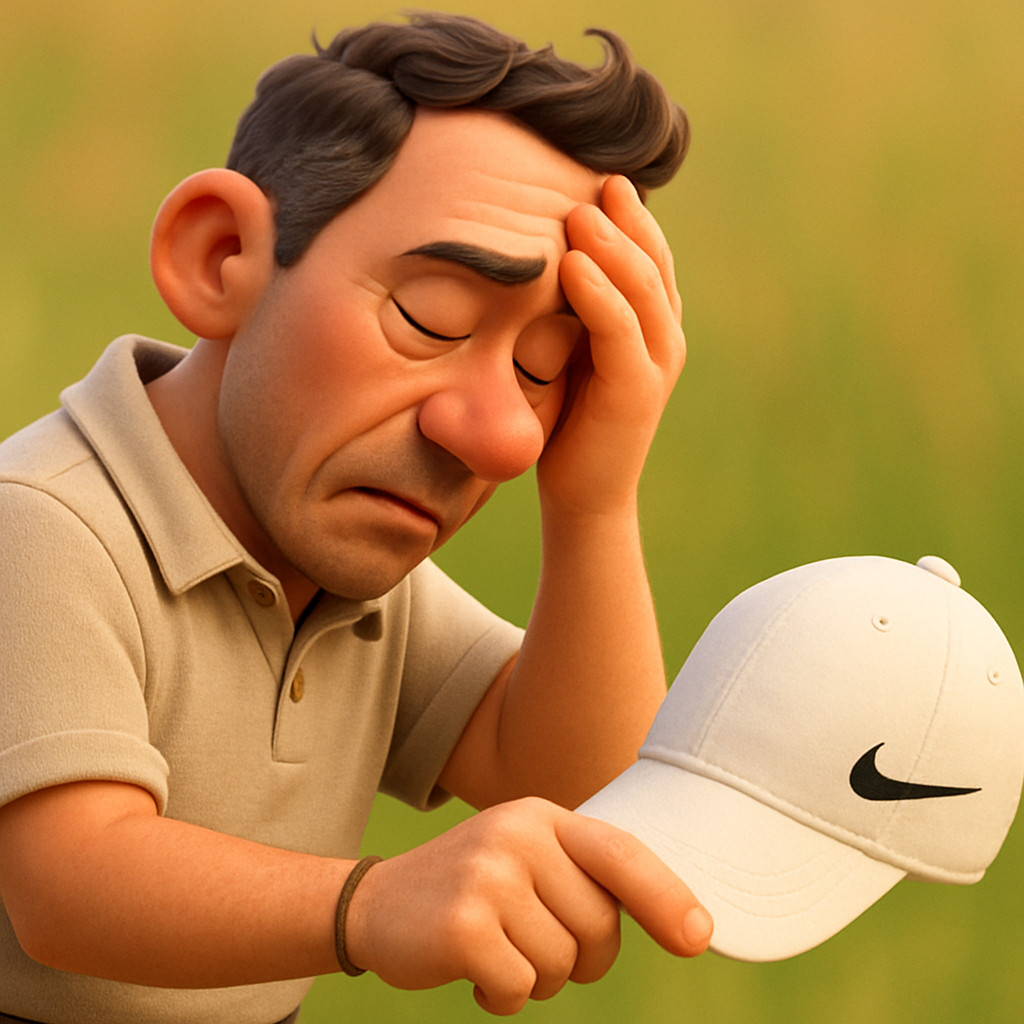PINEHURST — Rory McIlroy, the four-time major champion, made headlines at the 2024 U.S. Open by skipping his post-round media obligations after his opening two rounds, asserting that he has "earned the right to do whatever I want to do." The Northern Irishman’s decision sparked debate among fans and analysts, with some supporting his stance while others questioned the precedent it sets for professional athletes.
McIlroy, who shot rounds of 65 and 72 to sit near the top of the leaderboard at Pinehurst No. 2, opted not to speak to reporters following his Friday round, a move that deviated from the usual protocol for players in contention. When pressed about his absence later, he defended his choice, stating, "I’ve been out here for 17 years. I’ve given a lot to this game. I think I’ve earned the right to do what I feel is right for me at this point in my career."
McIlroy’s Media Stance: A Calculated Move?
The 35-year-old’s refusal to engage with the media comes amid a period of intense scrutiny in his career. McIlroy, who recently rejoined the PGA Tour’s Policy Board after a brief resignation, has been vocal about his frustrations with the state of professional golf, including the ongoing divide between the Tour and LIV Golf. His decision to skip interviews suggests a deliberate effort to control his narrative and avoid further distractions.
Some analysts argue that McIlroy’s stance is justified, given his contributions to the sport. "Rory has been one of the most accessible and articulate players in golf," said veteran golf journalist Ewan Murray. "If he feels he needs to step back occasionally, that’s his prerogative." Others, however, believe that media obligations are part of the job, especially for marquee players who drive fan engagement.
The Broader Context: Player Obligations vs. Personal Boundaries
McIlroy’s comments highlight a growing tension in professional sports between institutional expectations and individual autonomy. While tournaments mandate media appearances for players, veterans like McIlroy are increasingly pushing back, citing mental health and performance priorities.
Key points in the debate include:
- The role of media in growing the sport vs. player burnout
- Whether established stars should have more flexibility than younger players
- The impact of social media in reducing reliance on traditional press conferences
Precedent in Golf and Other Sports
McIlroy isn’t the first athlete to challenge media norms. Tennis star Naomi Osaka withdrew from the 2021 French Open, citing mental health concerns over press obligations. In golf, Tiger Woods has occasionally skipped post-round interviews during comebacks from injury. However, McIlroy’s case is unique because he remains in peak competitive form, suggesting his decision is more about principle than necessity.
The USGA, which runs the U.S. Open, has not publicly reprimanded McIlroy, indicating a tacit acceptance of his stance. A spokesperson noted, "While we encourage players to engage with the media, we also respect their individual choices, particularly those with Rory’s stature and history in the game."
Fan and Peer Reactions
Reactions among fans and fellow players have been mixed. Some supporters praised McIlroy for setting boundaries, while critics argued that avoiding media duties undermines the sport’s accessibility. Fellow pro Justin Thomas offered a measured take: "Rory’s earned his stripes, but there’s a balance. The media helps grow the game, and we all benefit from that."
McIlroy’s closest rival, Scottie Scheffler, took a different approach, fulfilling all his media commitments despite a hectic schedule. "It’s part of the job," Scheffler said. "I get why some guys might skip, but I don’t mind talking to the press."
What’s Next for McIlroy?
As McIlroy continues his quest for a fifth major—and his first in a decade—his media strategy will remain under scrutiny. Whether this becomes a recurring trend or a one-off statement remains to be seen. For now, his message is clear: "I’m here to win golf tournaments. Everything else is secondary."


